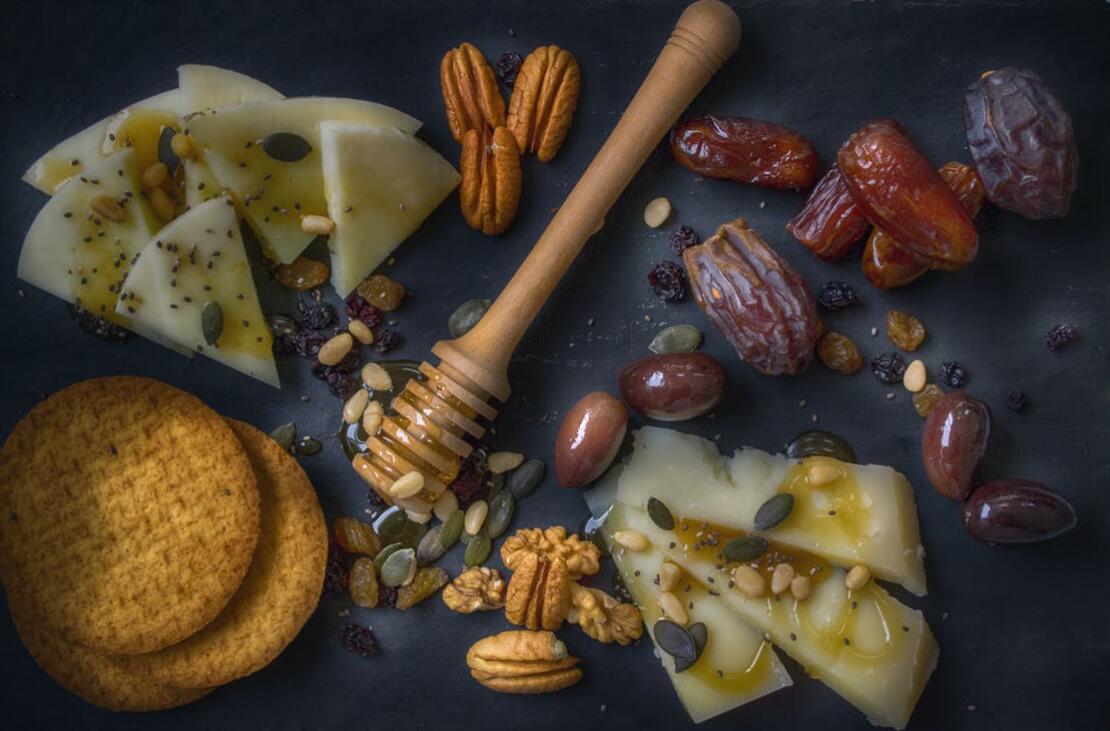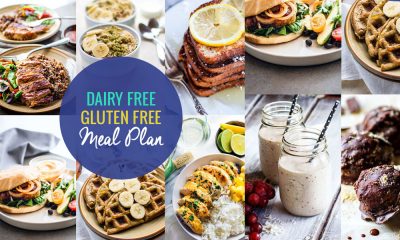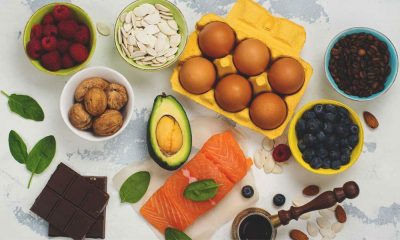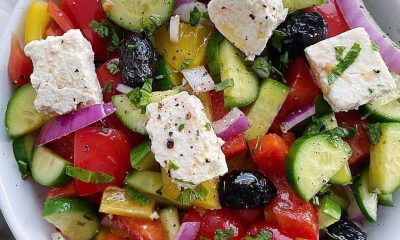
It is completely normal for a toddler’s appetite to decrease between the ages of 1 to 5 and their growth to slow down, but as long as they maintain the same energy level, there is nothing to worry about.
The truth is children usually eat as much as they need, so even if feeding your toddler might seem difficult, you need to trust that they will eat when they are hungry. However, you need to teach them healthy eating habits in order to make sure your toddler stays healthy.
In this article, we will take a look at what should toddlers eat, in order to promote optimal growth and development. Keep on reading to find out.

Food That Toddlers Should Eat
So, what should toddlers eat to develop healthy eating habits? The answer is simple, a variety of foods from the major food groups, offering important nutrients like vitamins and minerals. Most importantly fiber, dairy, and protein.
Fiber
Fiber is a component of plant foods like vegetables, fruits, brown rice, whole-grain bread, nuts, cereals, beans, and seeds. Fiber is beneficial because it can ease constipation and normalizes bowel movements, also decreasing the time it takes for the food to travel to the intestines.
Food containing fiber is also a good source of vitamins that may help reduce the risk of obesity, heart disease, and certain types of cancer. Remember to always include these types of foods in your child’s healthy diet.
Dairy
Dairy products are important as they are great sources of calcium and protein. Foods like milk, yogurt, and cheese can form part of a healthy and balanced diet for toddlers. But, dairy products can contain a lot of fat, so it’s important to check the nutrition information on the labels or choose alternatives like toddler formula or different types of milk.
Yogurt and cheese are also great sources of vitamin D and calcium. Many pediatricians recommend no more than 16-20 ounces of milk per day as milk can fill them up, preventing them from eating other nutritious food.
Protein
Proteins are vital for a child’s growth and proper development, as they can produce antibodies that help fight infections. Without the amino acids of proteins, children might be more susceptible to serious diseases. Healthy choices of protein are plants like legumes, nuts, grains, and seeds.
Protein-rich foods like meat, fish, and eggs are very important, but keep in mind that they can be high in fat and cholesterol which can be bad for children’s health. These types of food should be consumed moderately, and try to select lean cuts of meat and remove the fat before cooking.
Food That Toddlers Shouldn’t Eat
As delicious as they may be, parents should avoid or limit the consumption of food that is bad for their children. Here’s what food to avoid for a healthier diet:
Sugar
Although sugar is present in fruits, parents should limit the amount of sugar in their child’s diets and provide healthier solutions. Sugar has plenty of calories, often called empty calories, because they have little additional nutritional value. Limiting sugar intake from an early age is important because avoiding sugary snacks and drinks will also help with tooth decay later in life. Sugary foods include low-fat yogurt, fruit juice, chocolate milk, and others.
Salt
Salt often improves the taste of certain foods, but remember to avoid adding salt to your kid’s food or cooking water. It’s not good for their kidneys, so try to replace it with lemon juice, herbs, and spices. Some foods that are good sources of vitamins like cheese contain salt, so parents should consider limiting this food, too. Other salt-rich foods include canned veggies and soups, pickles, as well as processed or cottage cheese.
Whole nuts
Whole nuts and peanuts can be very dangerous for toddlers, so remember to avoid giving them to children under 5 years old, as they are a choking hazard. You can avoid this by using crushed nuts added to other foods, or smooth peanut butter. Also, nut allergy is one of the most common allergies, so remember to talk to your doctor before introducing nuts and peanuts to your toddler.

Final Thoughts
Toddlers have a weaker immune system, so it’s imperative to introduce healthy nutritious foods and avoid unhealthy ones. Safety is also a major concern when feeding infants and toddlers, so don’t forget to inform yourself well of what food is good and what food is dangerous. Use safe food preparation guidelines to help you improve your child’s diet, and reduce the risk of choking and poisoning.



